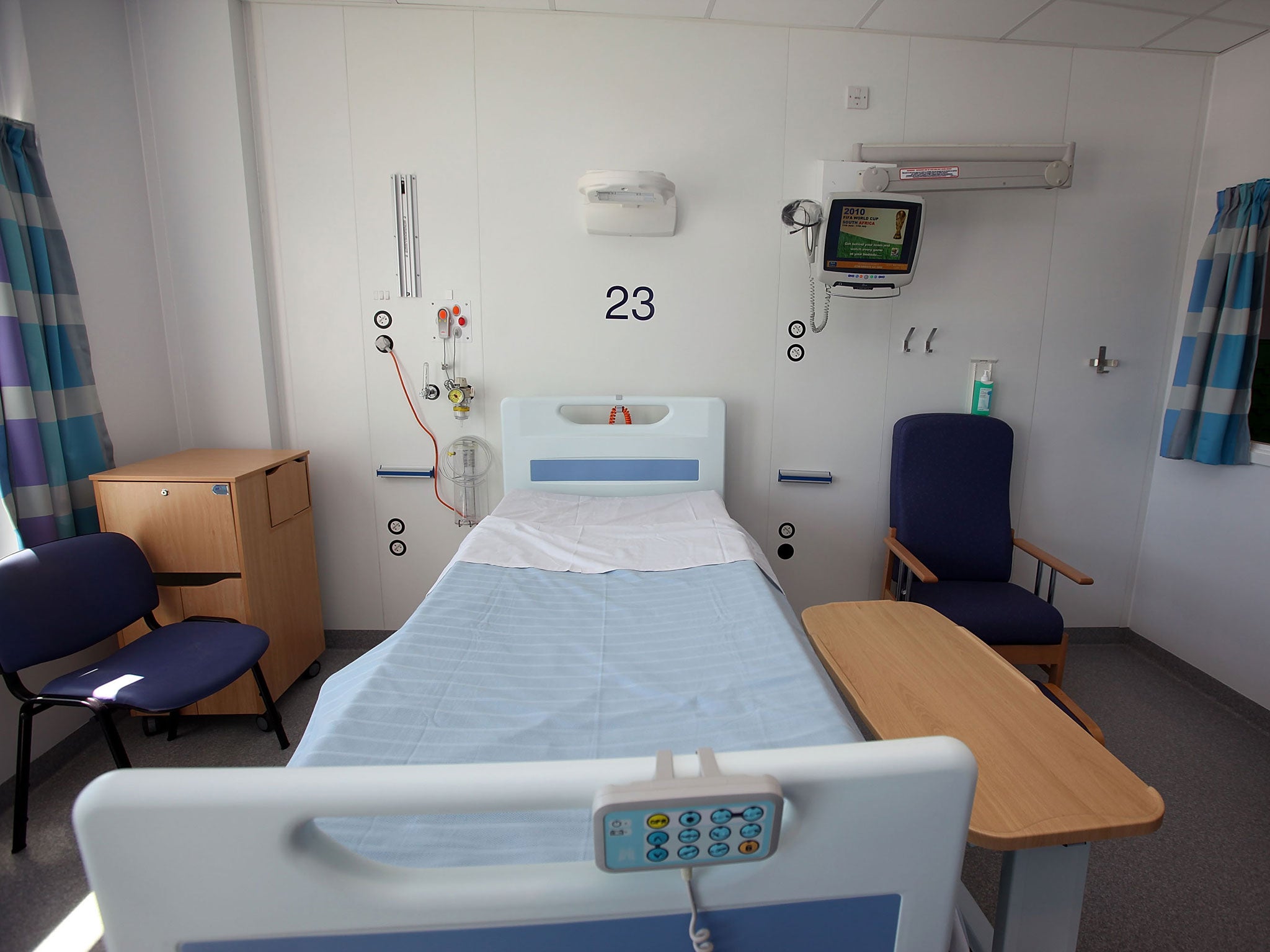In sickness and in health: Where has my bed-bound husband gone?
Earlier this year, Rebecca’s husband Nick was hit by a car and seriously injured. Here, in one of a series of columns, she writes about the aftermath of his accident

During the 12 years I’ve worked on a newspaper, I’ve learned that it’s important to be - or try to be - both super organised and incredibly flexible.
To plan the features section weeks in advance, then to tear up a cover story at the last minute to accommodate a timely new story or a senior editor’s whim.
I won’t lie - I find the being flexible bit tougher than the being organised bit, something those senior editors know well, as I whine a story on to the page. It turns out that this plan, bam, thank you ma’am approach to my professional life now holds sway in my personal one.
I’m not sure that anyone gets used to their loved one being in ICU, but there are certainly ropes to learn. Visiting hours. How to get into the ward when there’s no clerk to buzz you in.
That cards are fine to bring in, but flowers are not. Toiletries to supply. Forms to take away. What bus to take to get there. When the need to arrive home without wailing on public transport makes the cost of a taxi a worthwhile splurge.
I had got into a routine, and, once Nick was stable enough to be moved to the trauma ward down the corridor, returned to work.
I was told that in the long term, months down the line, the goal was to get Nick into a neuro rehab ward. In the short term, I made my daily journeys to trauma (both the ward and the emotion).
Then, suddenly, Nick was to be “repatriated”, a word that I’d only heard used, rather unfortunately, in conjunction with the remains of fallen soldiers. He was set to move to a hospital nearer home the next day. Time to get organised and sound the action-stations klaxon.
Dive! Dive! Dive! Alert the family! Track down his new consultant! Scour the internet for information about the hospital! Tell the solicitors! Divert friends from visits! Discover the new visiting hours! Research the bus routes!
That evening, he and I waited for the transport that had been booked to pick him up. Well, I waited. I’m not sure what Nick thought of it, as I don’t know what he thinks, if he thinks, any more.
And waited. Moving a patient such as Nick is a tricky business, both from a medical and a practical point of view. Drugs, oxygen levels and tubes have to be readied, and, at the other end, staff must be there to settle him in his new berth. That night, it wasn’t to be. Downgrade the alert from red to green. Be flexible, not frustrated.
When he did move, a day or two later, the adrenaline had somewhat abated. I couldn’t go with him, so experienced the disorientating feeling of not knowing exactly where my bed-bound husband was. In a lift? In an ambulance? West London or north?
While I waited, I got organised, poring over maps of the hospital and trying to work out how I’d find him when I got there. Making a fact sheet about Nick (more of which another time) and choosing a photo of him to put on the wall so that the next set of nurses saw him as a person, not just a patient.
Arriving at his new home, all of this organisation went out the window once again. In fact, if the glass on the sixth-floor windows hadn’t have been reinforced, I think that I might have followed it.
After the cool modernity and space of ICU, then the trauma ward, the hot, unfamiliar and crowded room he was assigned to floored me. Being flexible is one thing, but suddenly I felt that I’d been stretched to breaking point.

Join our commenting forum
Join thought-provoking conversations, follow other Independent readers and see their replies